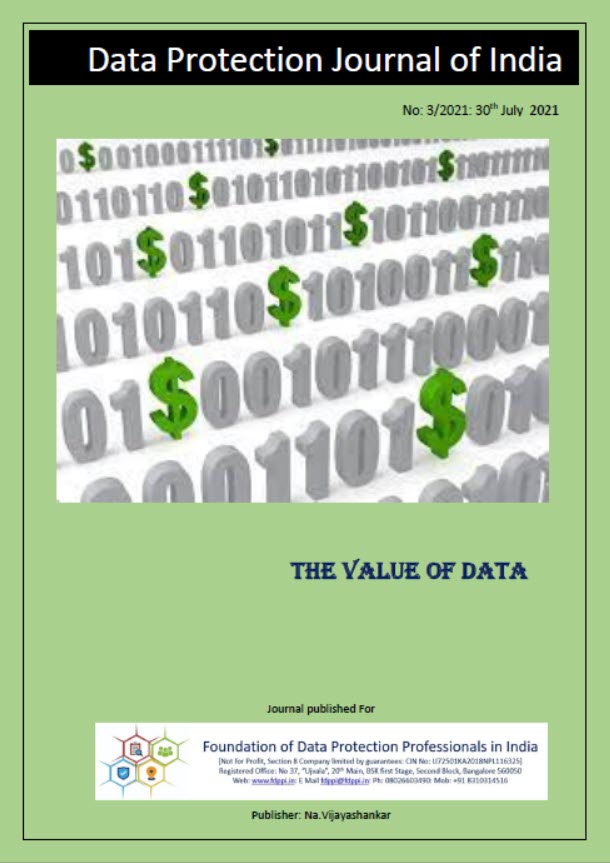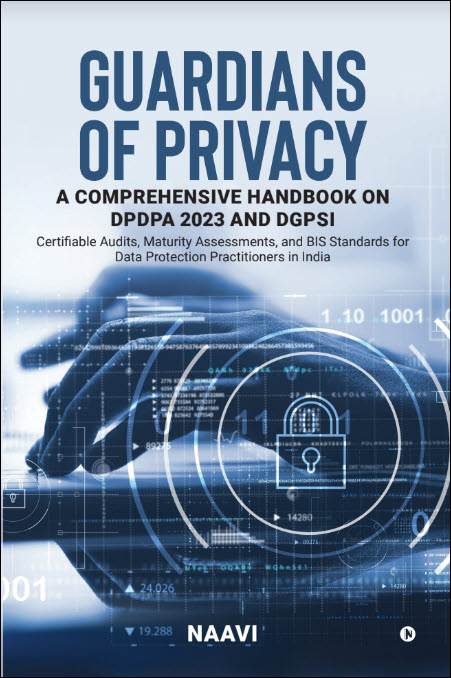Every organization has a measure of its assets. Whether they are tangible or intangible, whether they are visible or invisible, a Manager must have a measure of the value of his assets.
If this is so, a Company which is responsible for its share holders should also be considered as being aware of its assets.
If the assets are hazardous, and cause damage to the company if not handled properly, then it is all the more essential that the Company keeps a watch on such assets and appoints a good inventory manager, provide him with appropriate tools to enable him protect the assets.
Will not all this apply to Data as an asset?…Surely it does.
Good business managers know this even if their accountants are not aware.
A time has come to bridge this gap of knowledge between the Data Business Manager and the Financial Accountant by finding a way of valuing data and bringing it to the knowledge of all persons involved.
If I am managing a fleet of cars and assigning one car to each of my drivers, then I have to tell each of them that they are now entrusted with an asset of a certain value which they will handle appropriately. A driver of a benz car therefore will have more responsibility than the driver of a Maruti 800 or an Ambassador. Each asset comes with its own risks and responsibilities and the driver should know. If a driver of a pick up van is given a consignment of precious goods vs a consignment of Sand, he knows that his responsibilities could be different and he must know.
Disclosure of the value of the asset being managed is key to better accountability.
It is for this reason that Naavi is advocating that Data must be valued and made visible in a company. The Government can help in this process process of bringing transparency in Data Management by asking every Data Fiduciary to declare the approximate value of assets held by them at the time of registration of a significant data fiduciary or when there is a data breach notification.
Naavi




